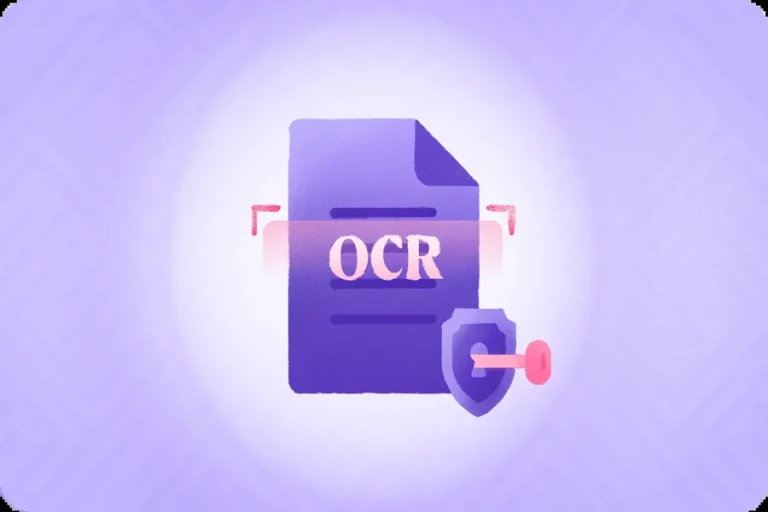Top-Quality Solar Panel Suppliers: Sustainable Energy Solutions for Your Home or Business

Solar panel suppliers act as the bridge between manufacturers and end users, including residential, commercial, and industrial clients. Their role extends beyond simply providing panels; they also offer expertise, technical support, and installation services. Some suppliers work directly with manufacturers, while others act as distributors, sourcing panels from multiple producers.
These solar panel suppliers play a critical role in ensuring that customers receive high-quality products tailored to their needs. They assess a client’s energy requirements, recommend suitable panels, and sometimes offer financing options to make solar energy more accessible. Additionally, they provide after-sales support, such as maintenance services and warranty claims, ensuring a smooth transition to solar power.
Key Factors to Consider When Choosing a Solar Panel Supplier
- Product Quality and Certifications
The efficiency and durability of solar panels depend on their quality. A reliable supplier should offer products that meet industry standards and certifications. Panels certified by organizations such as the International Electrotechnical Commission (IEC) or Underwriters Laboratories (UL) ensure they have undergone rigorous testing for performance and safety. High-quality panels typically have a lifespan of 25 to 30 years, making them a long-term investment.
- Range of Products
Different solar panels serve different purposes. Some are designed for residential use, while others cater to large-scale commercial projects. Suppliers that offer a diverse range of monocrystalline, polycrystalline, and thin-film panels provide customers with more options to suit their specific energy needs. Additional components such as inverters, batteries, and mounting systems should also be available for a complete solar energy solution.

- Pricing and Affordability
The cost of solar panels varies based on factors such as efficiency, brand reputation, and warranty. A good supplier offers competitive pricing without compromising quality. While the cheapest option may not always be the best, a reputable supplier provides transparent pricing and helps customers understand the return on investment over time. Some suppliers also facilitate financing options, enabling homeowners and businesses to switch to solar with minimal upfront costs.
- Technical Support and Expertise
Solar energy systems require careful planning and installation for optimal performance. Suppliers with knowledgeable staff can guide customers through the process, from selecting the right panel type to understanding energy output expectations. Additionally, they should provide post-installation support, helping clients with maintenance, troubleshooting, and warranty claims.
- Reputation and Customer Reviews
A supplier’s reputation speaks volumes about their reliability. Reading customer reviews and testimonials provides insights into their service quality, product durability, and overall customer satisfaction. Suppliers with a strong track record of positive feedback and successful installations are more likely to deliver a satisfactory experience.
- Warranty and After-Sales Service
Solar panels are a long-term investment, and a strong warranty policy ensures protection against defects or performance issues. Suppliers should offer warranties covering at least 20–25 years, reflecting the panel’s expected lifespan. After-sales service, including periodic maintenance and technical support, is equally important to keep the system running efficiently.
The Contribution of Solar Panel Suppliers to the Industry
Solar panel suppliers play a vital role in promoting renewable energy adoption. By ensuring a steady supply of high-quality panels, they help meet the growing demand for clean energy. Many suppliers also engage in sustainability initiatives, such as recycling programs for old panels and promoting energy efficiency.
In regions where solar power adoption is still in its early stages, suppliers contribute by raising awareness and educating potential customers about the benefits of solar energy. They work with policymakers, engineers, and installers to create a seamless ecosystem for solar energy integration. Additionally, suppliers often collaborate with researchers and manufacturers to bring innovative solutions, such as higher-efficiency panels and smart energy storage systems, to the market.
Conclusion
Choosing the right solar panel supplier is a crucial step in transitioning to solar energy. A reputable supplier provides high-quality products, technical expertise, competitive pricing, and strong after-sales support, ensuring that customers receive the best value for their investment. As the demand for renewable energy continues to grow, solar panel suppliers will remain instrumental in driving the adoption of clean, sustainable power solutions. By carefully evaluating potential suppliers based on product quality, affordability, reputation, and service offerings, consumers can make informed decisions that contribute to a greener future.






